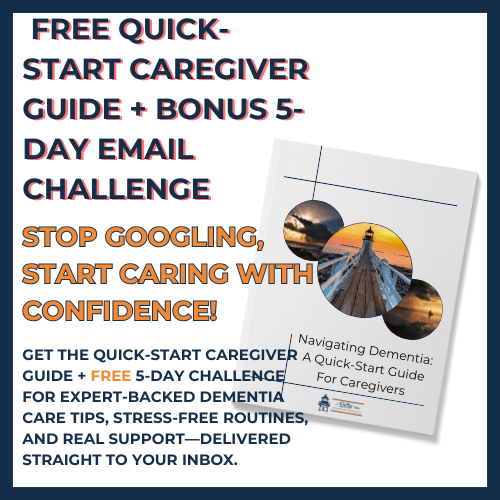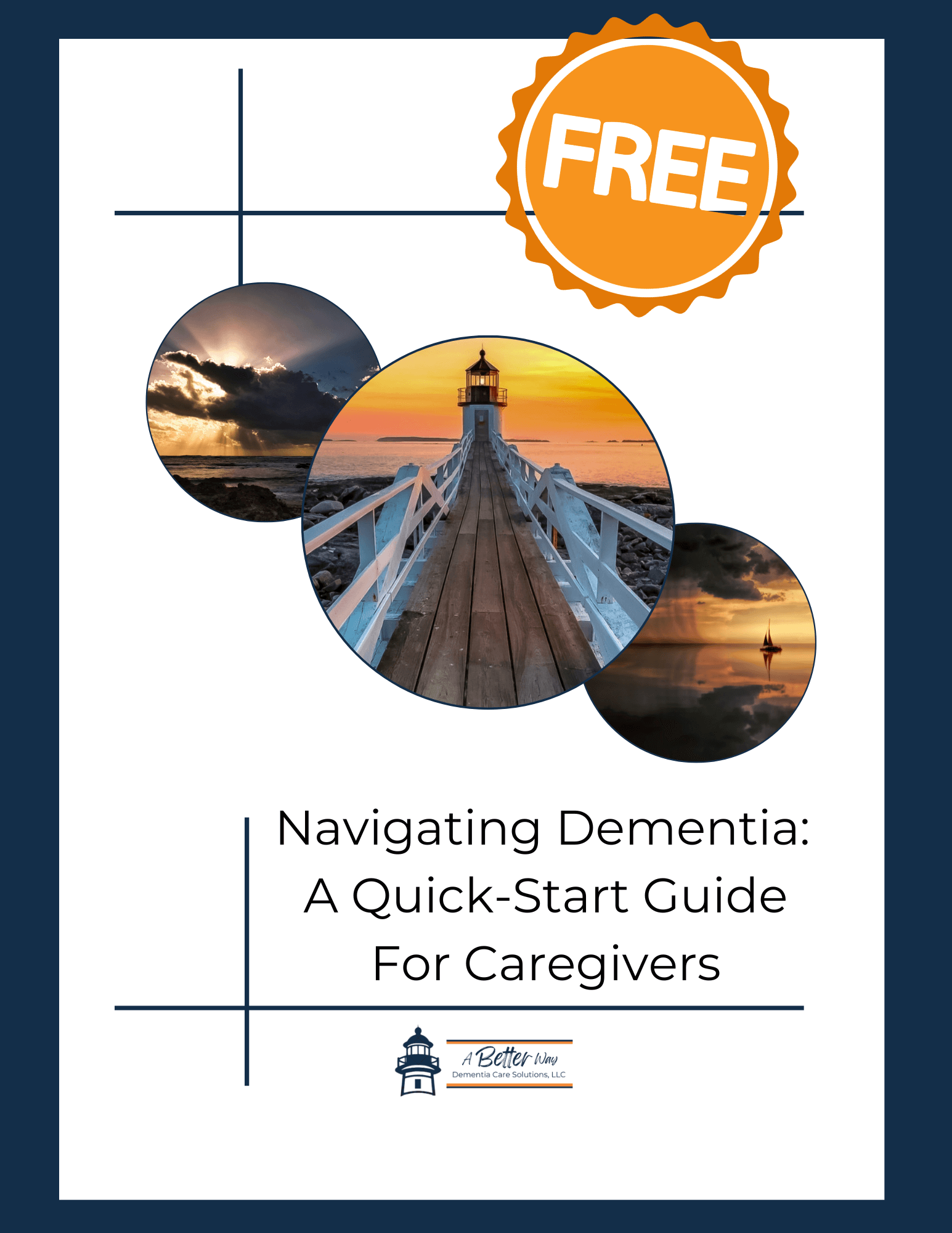
Caregiving is a commitment that requires time, patience, and emotional energy. Whether you are caring for a spouse, parent, relative, friend, or neighbor, your role comes with both challenges and moments of meaning. While some caregivers are motivated by deep love, others provide care out of duty, devotion, or necessity. No matter your reason for caregiving, small moments of connection can bring meaning to your journey and help you find balance in your role.
This post explores ways to recognize and appreciate those little moments—reminders that, even in the hardest times, caregiving has significance.
Why the Little Moments Matter in Caregiving
The impact of caregiving isn’t defined by grand gestures. It’s found in everyday actions—the meals you prepare, the reminders you give, the way you ensure someone is safe and comfortable. Whether you feel deep affection for the person you care for or are fulfilling a responsibility, these small moments:
✅ Create a sense of purpose in your role.
✅ Reduce stress by shifting focus to meaningful interactions.
✅ Offer glimpses of connection, even in difficult situations.
✅ Provide reassurance that your efforts matter.
✅ Reduce stress by shifting focus to meaningful interactions.
✅ Offer glimpses of connection, even in difficult situations.
✅ Provide reassurance that your efforts matter.
Recognizing and cherishing these moments doesn’t mean ignoring the challenges. Instead, it’s about balancing the hard days with moments of appreciation, even in the smallest ways.
Ways to Find Meaning in Everyday Caregiving
1. Share a Moment of Lightness
Caregiving can feel heavy, but finding moments of humor or lightness can ease the emotional load. Even if you don’t have a deeply personal connection with the person you care for, a shared smile or a moment of laughter can shift the energy of the day.
💡 Try this: Play lighthearted videos, listen to an uplifting podcast, or put on a funny show in the background.
2. Establish a Simple Daily Ritual
Small routines help create structure, which can bring comfort to both you and the person you care for. Whether it’s enjoying a cup of tea together, listening to music, or taking a short walk, rituals provide consistency in your caregiving role.
💡 Try this: If the person you care for responds well to routine, establish a simple “morning check-in” or “evening wind-down” time to create a moment of stability.
3. Use Touch or Small Gestures to Communicate Care
For those with dementia or communication difficulties, a gentle touch, a reassuring nod, or even simply sitting quietly nearby can provide comfort. Even if caregiving is more of an obligation than a chosen role, small acts of care make a difference.
💡 Try this: Offer a soft hand massage with Stress Relief Moisturizing Lotion for a soothing moment of calm. buy it on amazon
4. Document Meaningful Moments
Caregiving is often exhausting, and it can be hard to remember the good moments when the challenges feel overwhelming. Keeping track of even small victories can provide perspective.
💡 Try this: Use a composition notebook to write down one small victory every day before going to bed. It can help reset your mindset before trying to drift off to sleep.
5. Incorporate Music for a Shared Experience
Music has the power to spark emotions and create connection, even when words fail. Whether you feel close to the person you care for or not, music can bring comfort and familiarity to both of you.
💡 Try this: Use a Portable Bluetooth Speaker to play familiar songs and create a moment of ease. buy it on amazon
6. Take Time for Reflection
Reflection allows you to process your experiences, recognize personal growth, and acknowledge both the struggles and the small victories in caregiving. Even if you feel like you’re just going through the motions, taking a few minutes to reflect can help you see the value in what you’re doing.
💡 Try this: Use my 365 Days of Care Journal to write down one thing each day—whether it’s a challenge you faced, a moment of patience, or something that brought you peace. Reflection isn’t about perfection; it’s about honoring your journey. Buy it on Amazon
7. Take a Moment for Yourself
Not every moment in caregiving will feel rewarding, and that’s okay. Give yourself permission to pause and do something small for yourself—whether it’s stepping outside, taking a deep breath, or enjoying a simple pleasure.
💡 Try this: Treat yourself to Calming Herbal Tea as a small act of self-care during your day. Buy it on Etsy
A Reminder for Caregivers: Every Effort Matters
Caregiving is not always about love—it can be about duty, devotion, or simply doing what needs to be done. But even if you don’t feel a deep emotional connection, your actions still matter.
The care you provide—whether through affection, commitment, or responsibility—has value. It is in the meals you prepare, the safety you provide, the moments of calm you create. Recognizing these small but meaningful moments can help you navigate the challenges with a greater sense of purpose.
Which strategies from this list will you try this week? Share your experiences in the comments or join our private caregiver support group to connect with others navigating similar challenges. Let’s prioritize your rest together!
Join Our Private Caregiver Community
If you're looking for a safe space to share your caregiving experiences, ask questions, or simply connect with others who understand the challenges you face, join our private Facebook support group for caregivers. It's a supportive, empathetic community where you can find encouragement and answers when you need them most. Click here to join.
Subscribe to Our Newsletter & Download Your Free E-Book
For more valuable tips, resources, and updates on dementia care, click here to subscribe to our newsletter today!
Affiliate Disclosure
A Better Way - Dementia Care Solutions, LLC participates in the Amazon Associates Program, which means we earn a small commission when you buy through links on our site, at no extra cost to you. We only recommend products that we believe can help caregivers on their journey.
Disclaimer: The information provided in this blog is for educational purposes only and should not be considered medical advice. Always consult with a doctor or a licensed physical therapist before starting any new exercise routine, using assistive devices, or following the recommendations mentioned. Every individual’s needs are different, and professional guidance is essential to ensure safety and appropriateness of care.
Want to keep figuring this out together?
Subscribe to Finding Our Way in Dementia Care and get honest stories, helpful tips, and gentle support delivered to your inbox every week. Just real talk, grounded care, and space to breathe.
Subscribe to Finding Our Way in Dementia Care and get honest stories, helpful tips, and gentle support delivered to your inbox every week. Just real talk, grounded care, and space to breathe.
Kind truth. Clear steps. Warm guide.


















0 Comments